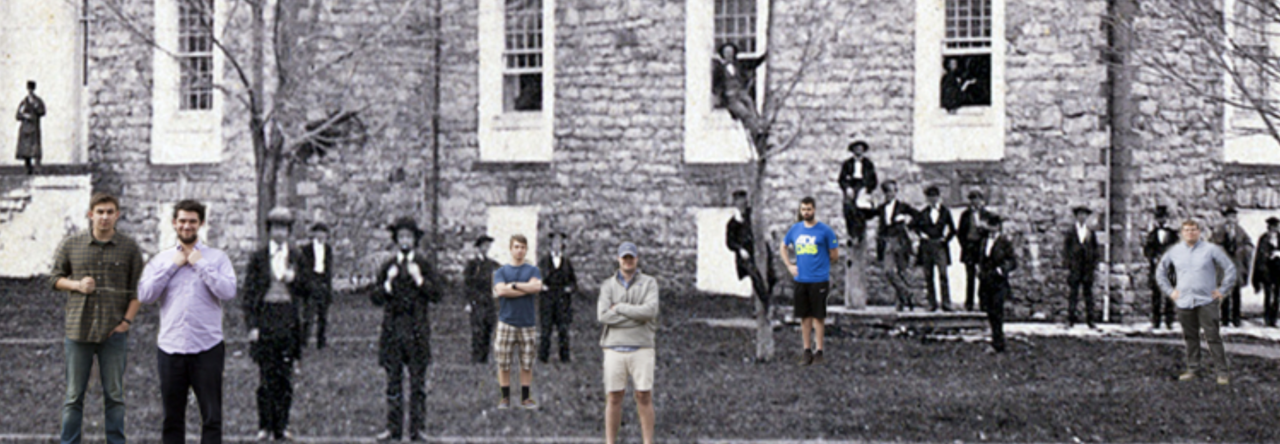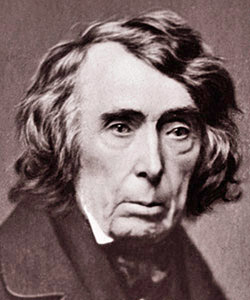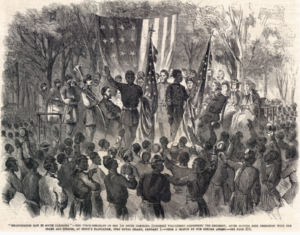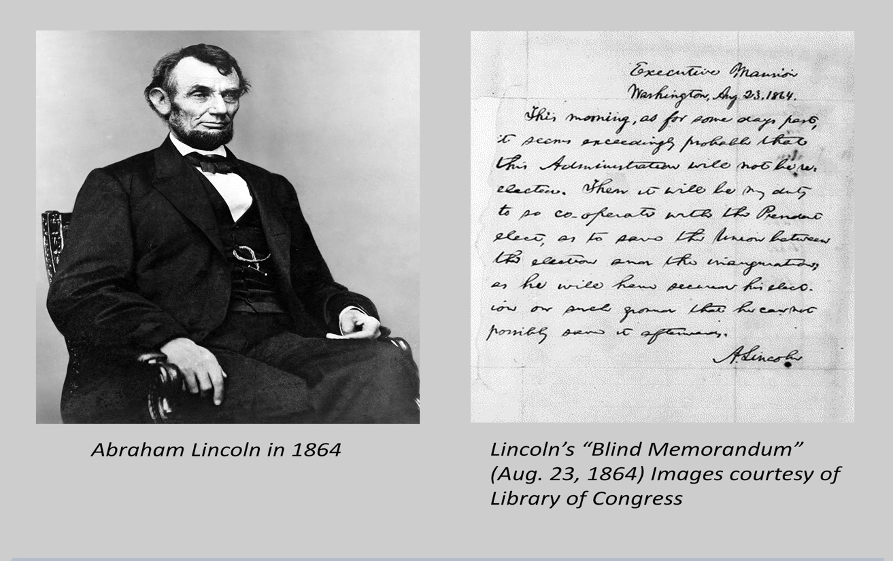I think the constitution invests its commander-in-chief, with the law of war, in time of war. —Abraham Lincoln, August 26, 1863
- There was relatively little debate over war powers issues at the 1787 convention.
- August 17: Delegates discuss war powers. Highlights include:
- Oliver Ellsworth (CT) stating, “It should be more easy to get out of war than into it.”
- George Mason (VA) claiming he “was against giving the power of war to the Executive, because not safely to be trusted with it.”
- August 17: Delegates discuss war powers. Highlights include:
- The Constitution addresses the concept of war powers mainly in three brief clauses.
- Article 1, Section 8, Clause 11 (“The Congress shall have Power … To declare War”)
- Article 1, Section 10, Clause 3 (“No State shall … engage in war, unless…”)
- Article II, Section 2, Clause 1 (“The President shall be Commander in Chief…”)
- Presidents act
- Congress reacts
- Courts review
- People decide
Such is the case now before me, and I can only say that, if the authority which the Constitution has confided to the judiciary department and judiciary officers, may thus, upon any pretext, or under any circumstances, be usurped by the military power at its discretion, the people of the United States are no longer living under a government of laws, but every citizen holds life, liberty and property, at the will and pleasure of the army officer in whose military district he may happen to be found. –Roger Taney, ex parte Merryman (1861)
January 1, 1863 (public)
“And upon this act, sincerely believed to be an act of justice, warranted by the Constitution, upon military necessity, I invoke the considerate judgment of mankind, and the gracious favor of Almighty God.”
—final sentence of the Emancipation Proclamation
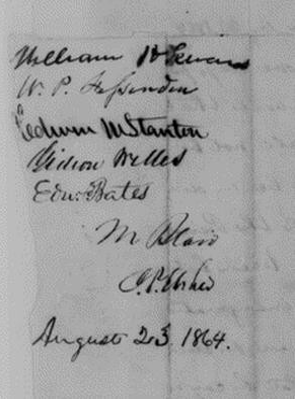
“Must I shoot a simple-minded soldier boy who deserts, while I must not touch a hair of a wiley agitator who induces him to desert?” —Abraham Lincoln, June 26, 1863
“We cannot have free government without elections.” —Abraham Lincoln, November 10, 1864
